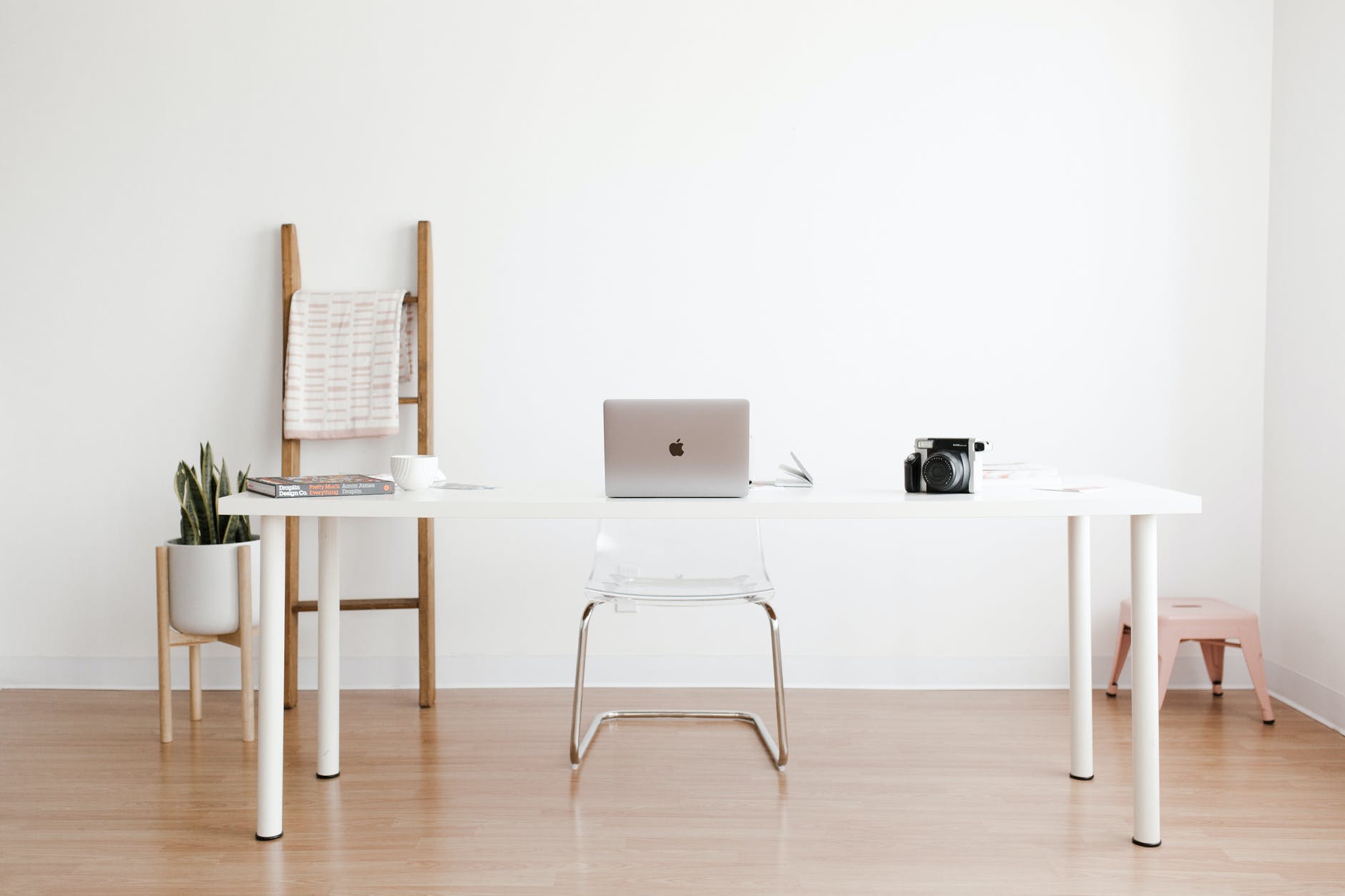I know, we are all probably sick of hearing about “unprecedented times” and “new norms”, but after 1 1/2 years of most businesses working from home, it seems to be sticking around a lot longer than expected. In fact, most companies are offerring permanent remote status. Working from home has its perks, but one of the downfalls is burn out. Why do we seem to get more burnt out when working from home vs. working in office?
The answer here is the inability to disconnect. And im not talking only about disconnecting from work, but disconnecting from technology too.
First, let’s tackle disconnecting from work first. Your office is in your house, calling your name all day. Just like you are tempted to turn the TV on because it’s in the next room or take a nap because your room is just down the hallway, your also tempted to check your email, or finish up something from earlier in the day. Respect your own schedule and boundaries. When you constantly are working after hours you are setting up the expectation that you do not have outside of work hour boundaries which leads to co-workers taking advantage of that lack of a boundary. Now, of course, sometimes you have work late, or have to complete a task after hours, or maybe adjust to accommodate a customer; it’s the nature of working, but it shouldn’t be everyday.
Here are some ways to help set boundaries and avoid work burnout:
- Set your working hours on your work calendar so people know when you will or will not be available. You can put a block on some after hours times – If you normally end my day at 5, maybe one or two days a week throw a block between 5-6 on your calendar that says “free if needed, just contact me first”.
- Turn off the work computer when you are done for the day. If you have a separate room for an office, shut that door and don’t open it again until the next work day.
- Create a to- do list for the entire week every Monday morning, so you can plan all your tasks to get done for that week in a timely manner instead of cramming in a bunch at once causing you to have to work extra late to meet a deadline.
- When reached out to after hours or late in the day always ask yourself: “Can this wait until the morning?” and “Will the lack of getting this task done right now cause a major impact?”
Next, lets talk about disconnecting from technology. We can get burnt out from just technology in general. In the world we live in now, just about everything is done via technology. We are so used to getting social stimulation at the office that when we get home we are ready to use technology for fun, but with ever changing Covid restrictions, lockdowns, travel bans, etc. technology usage has become more of a chore than a stress release. No one wants to be in their house all day on a computer and having meetings over zoom to just walk away from their workspace to sit in front of a TV or a phone in their house too. Now we use technology to talk to our family, teach our children (for those who still do remote learning), order our groceries, order food, etc. You name it, it can be done virtually without even speaking to someone.
Here are my tips for avoiding technology burnout:
- Allow yourself to have “disconnect time”. If you have a dog, take them out to the local dog park, go for a walk, sit outside and read a book, create things if your into crafting. Just anything that doesn’t require screen time. Silence your phone. Communicate it with your loved ones, roommates etc. so that you can set the boundary.
- Instead of ordering food for delivery maybe go pick it up just to ride in the car with the music on and windows down.
- If you live with someone, designate a night or two for non-screen time activities: board games, card games, if your comfortable have a few friends over and teach each other a new dish to cook.
Technology is great, we all love it, but all good things get to be too much and overwhelming at some point, especially when its forced on us. We all just need to balance our tech time.

